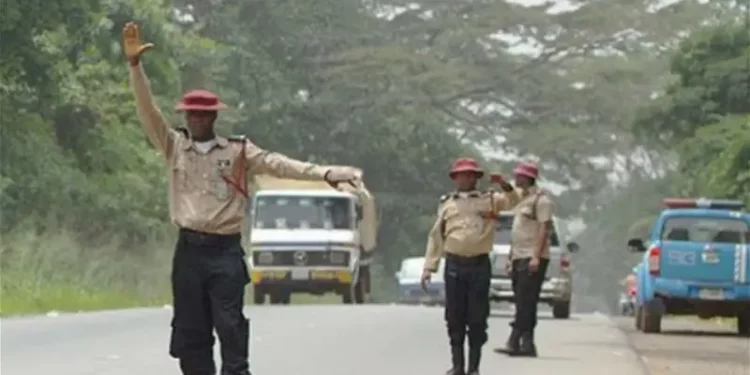In Nigeria, a myth has for long been woven around the ‘ember’ months (September to December) as naturally accident-prone months. This belief has been so entrenched in the peoples’ consciousness that various religious groups and other institutions regularly organize special prayer sessions to ward-off ‘dangers’ associated with the months.
The reality, however, is that the so-called ‘embers’ months are not really spiritually jinxed. Tragedies occur during the period, just as it does in every other month of the year. Ascribing mythical undertones to the ‘ember’ months could just be our usual way of explaining things we do not understand.
Rather than adorning the ‘ember’ months in a garment of mystery, the pragmatic way of explaining dreadful events during the months is more methodical than mythological.
William Bascom defines myth as tales believed as true, usually sacred, set in the distant past or other worlds or parts of the world, and with extra-human, inhuman, or heroic characters”.
Myth is derived from the Greek word mythos, which means story or word. For many people, myths remain value-laden discourse that explains much about human nature. In most cases, however, myth is always a far-cry from reality.
The bottom line is that tragic occurrences are likely to happen during the ‘ember’ season because of the intensity of human activities. In a bid to be part of the various end-of-year activities slated for the period, a lot of people throw caution into the wind by disregarding critical safety issues.
The Federal Road Safety Corps, is targeting reduction of Road Traffic Crashes (RTCs) by 50 per cent within the country with a goal of zero fatality.
The mission of the corps under the Corps Marshal, Dauda Ali Biu is to regulate, enforce and coordinate all road traffic and safety management activities through sustained public education, promotion of stakeholders’ cooperation, robust data management, improved vehicle administration, prompt rescue services and effective patrol operation.
The Corps Marshal, Dauda Ali Biu is ensuring a paradigm shift from the traditional system approach of driving to a safe system approach that is premised on safety, security, awareness and consciousness.
According to the corps leadership, one of the major factors attributed to the losses that were suffered in Nigeria, was speed, especially in this ember season. Vehicles are driven irresponsibly. Alcoholic drinks are consumed with reckless abandon, while social outings are organized as if tomorrow will not come. The atmosphere, during the season, is often filled with unusual allure and jollity. It is in the midst of this hilarity that avoidable human blunders which often result in diverse kinds of misfortunes usually occur.
Infact, the corps no longer refers to accidents as accidents but road traffic crashes because an accident is an unplanned thing, it is a sudden occurrence but crash is avoidable. Therefore, if one must drive during these ember months, drive safely with caution. There is nothing mythical; it is a fallacy to believe that this period is a time that people must die.
Motorists should avoid excessive speeding, overloading, use of phones while driving among other things that can cause accidents during this period.
FRSC under Biu also urges motorists to drink responsibly and don’t drink while driving.
FRSC is the Government Agency with statutory responsibilities for road safety administration in Nigeria. Founded in 1988, the Federal Road Safety Corps (FRSC) operates in all Nigerian states as well as the Federal Capital Territory and is the leading agency in Nigeria on road safety administration and management.
The statutory functions include: Making the highways safe for motorists and other road users as well as checking road worthiness of vehicles, recommending works and infrastructures to eliminate or minimize accidents on the highways, and educating motorists and members of the public on the importance of road discipline on the highways.
Motorists should ensure to imbibe and develop the skill of defensive driving, while remaining safe on roads.
Driving responsibility is not just a legal responsibility but morally needed, stating that it is crucial to understand the rule of responsible driving.
Speed limits are not numbers but to keep drivers safe, while slowdown is not to delay but to save lives.Besides, at the event there was also a talk about stress management for drivers and the need for them to be healthy before driving.
Consequently, as the curtain draws on the year, we need to modify our views on the ‘ember’ months. We must not get involved in any pointless extra-ordinary last minute ‘rush’ that could endanger our lives and, indeed, those of others.
Those who have to organize social events to correspond with this period should do so bearing all safety precautions in mind. Commercial drivers and other road users must respect the sanctity of human life by observing the required road safety measures.
Olamide Adeniji is a member of the editorial team of TheScript Newspaper




